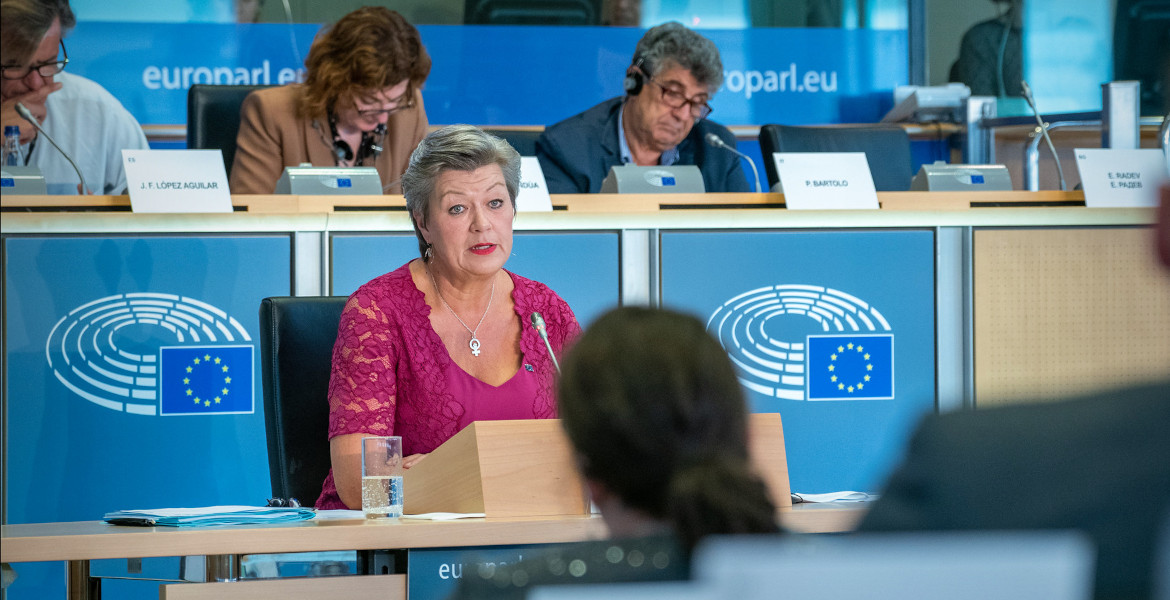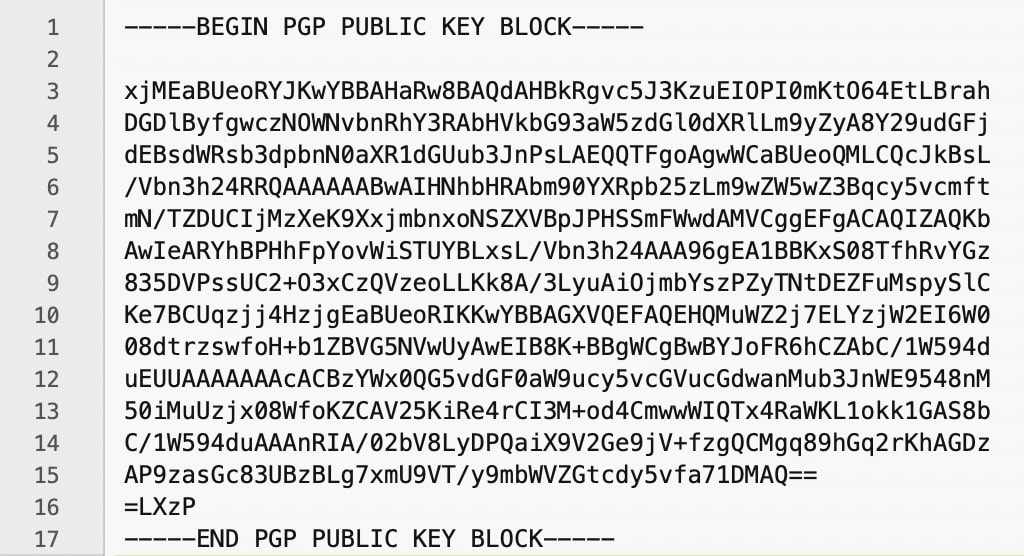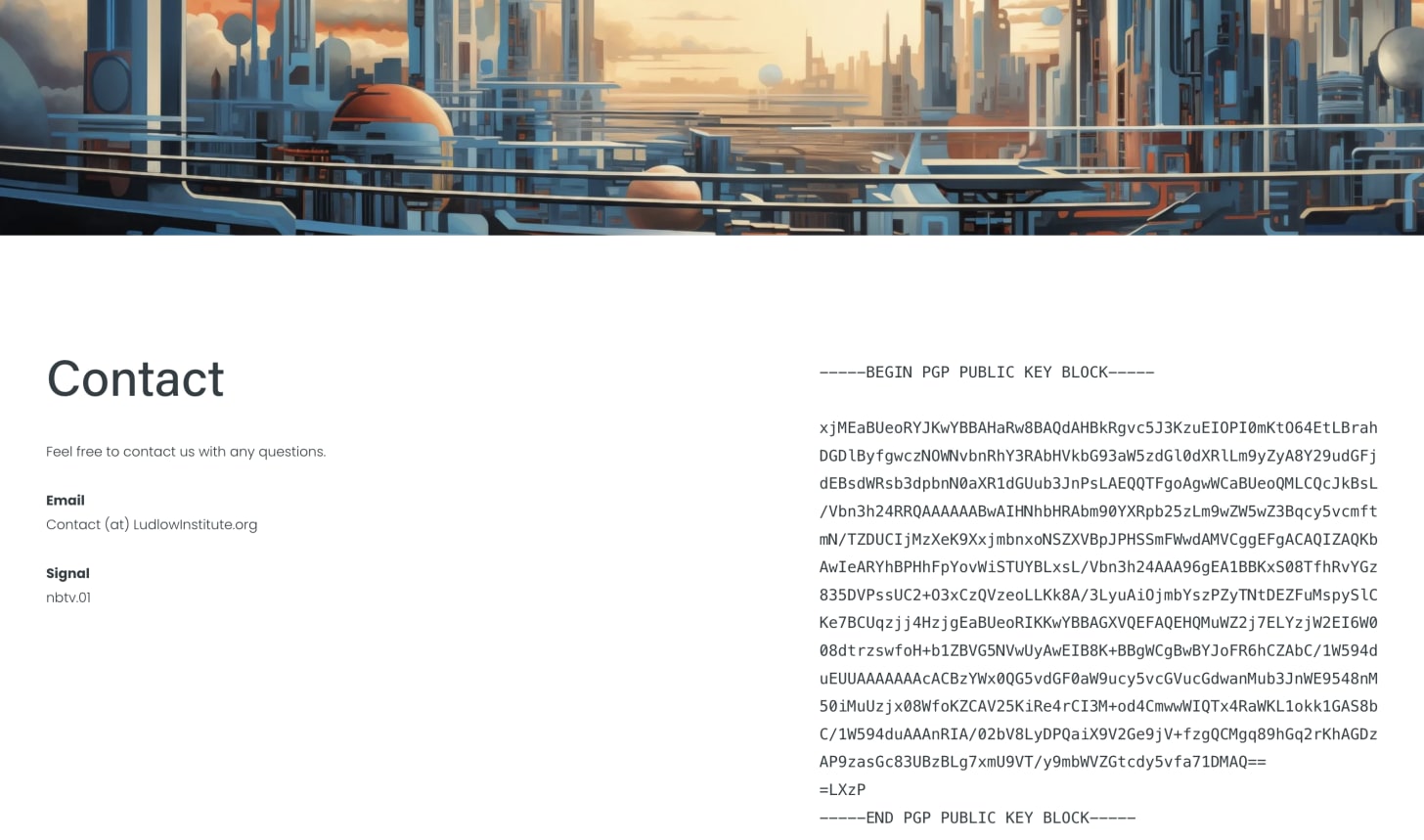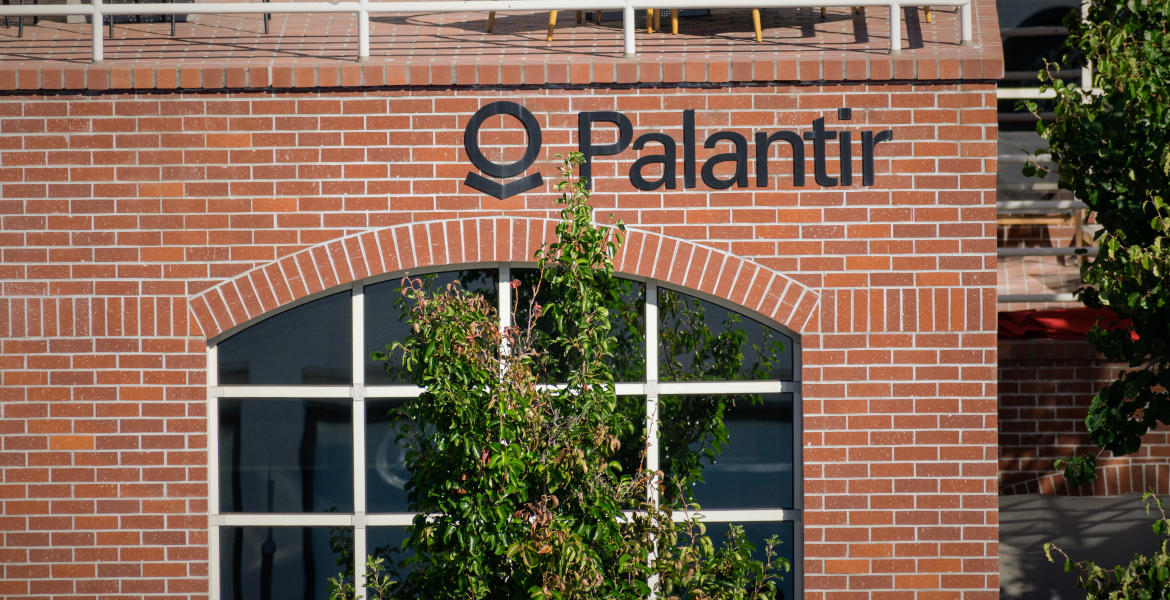In today’s digital world, the concepts of privacy and anonymity are often used interchangeably, but they’re not the same thing. Privacy is about having control over your personal information – choosing what you share and with whom. Anonymity, on the other hand, is about completely concealing your identity. While both have their place, many people shy away from even basic privacy practices because they believe they can't achieve full anonymity. But that’s a common misconception.
Not everyone needs to be anonymous, nor does everyone’s threat model demand it. The reality is, reclaiming your privacy isn’t about disappearing from the world or living in isolation. It’s about having the right to decide who has access to your data and how much you want to protect. But in the modern age, we’ve lost much of that control. We’re often coerced into signing away our data rights through lengthy terms of service agreements that give companies and governments permission to do what they want with our information.
The good news is that we do have a choice. Today, there are platforms that won’t demand you sign 60-pages of legalese, or even collect your data in the first place. A decade ago, privacy-focused companies barely existed, and those that did offered subpar solutions. But today, we have amazing alternatives that truly protect your privacy. It’s just a matter of learning about them and reminding ourselves that we still hold the power to choose.
Why privacy matters – even if you’re not anonymous
For many people, the idea of online privacy seems overwhelming because it feels like an all-or-nothing game. If you can’t be 100% anonymous, why even try? But privacy isn't about disappearing – it's about minimizing risk and gaining more control over your personal information. Sometimes, we might choose to give certain companies our data because their services genuinely help us, and they need access to certain information to do that. That’s a perfectly valid choice. Privacy is not about never sharing information; it’s about thinking carefully about what data we want to share, with whom, and being allowed to make that decision.
The current norm is to throw our hands up in the air, feeling powerless in this data free-for-all we’ve found ourselves in. We’ve become desensitized to pervasive data collection in almost everything we do. Privacy is about shifting back to a norm where we realize we don’t have to give everyone our data. We can opt into some services, opt out of others, and choose companies that respect their users – rather than those that monetize our most sensitive information and hide it behind vague privacy policies.
You don’t have to go to extreme lengths to make a difference. Whether you’re reducing data collection on social media, switching to more secure messaging apps, or avoiding unnecessary location tracking, every step you take toward privacy empowers you and helps you reassert control over your digital life. Each action is another way to regain control over the information you share and the freedom to decide how your data is used.
A good analogy is locking your doors at night. It won’t stop the most determined intruders, but it deters most threats and gives you peace of mind. Similarly, small actions like using encrypted email or blocking trackers can shield you from everyday digital threats, even if complete anonymity isn’t your goal.
The privacy spectrum – where do you fall?
Not everyone’s privacy needs are the same. Some people may want to go fully anonymous, avoiding any traceable digital footprint, while others may just want to make sure they aren’t oversharing personal details on social media. And that’s perfectly fine! The goal is not to push everyone toward total anonymity but to help you find the level of privacy that fits your life.
At NBTV, we recognize that privacy is personal, and there's no one-size-fits-all solution. We give people the tools to protect themselves, whether they’re looking for something as simple as secure email or more advanced solutions like de-Googling their phone. If you’re extreme and want anonymity, we explain that it can be possible. If you’re just starting to care about privacy, we guide you through easy, impactful steps.
Yours in privacy,
Naomi Brockwell
Key takeaways
- Privacy vs. Anonymity: Privacy is about control, while anonymity is about concealment. You can increase your privacy, and hence the control you have over your digital life, without becoming anonymous.
- Every Step Counts: You don’t need to achieve full anonymity to make meaningful improvements to your privacy. Even small changes can make a difference.
- You Have a Choice: In today’s world, we’ve been conditioned to sign away our data, but there are platforms that respect your privacy and don't require you to sacrifice control. These platforms exist, and they're better than ever.
- Privacy Spectrum: Whether you’re seeking complete anonymity or just looking to protect basic personal information, there’s a level of privacy that fits your needs.








